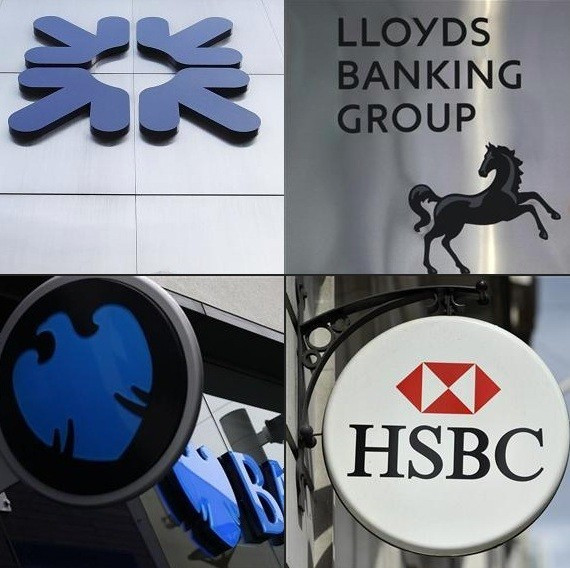Three-year probe finds laundered Russian money was 'processed through British banks'
The 'Global Laundromat' was examined by investigators through bank records and transfers.

Nearly $740m (£598m) from a money laundering operation linking Russian criminals to the Russian government was processed by British high street banks, it has been reported.
There are 17 banks either based or with branches in the UK including HSBC, Lloyds and Barclays, which will be under scrutiny over the large transfers of money from Russia.
The Guardian reported that a group of around 500 wealthy and connected Russians were behind an operation, known as 'the Global Laundromat' whose banking records were obtained by the Organized Crime and Corruption Reporting Project (OCCRP) and the newspaper Novaya Gazeta.
It detailed 70,000 banking transactions including 1,920 going through UK banks. Over three years, detectives found that billions of dollars were sent by Russian criminals via accounts in Latvia and Moldova to 96 countries and a network of firms, most of which were registered at Companies House in London.
The records show that the banks that were British or had offices in London had processed $738.1m in transactions in what the paper said was criminal money from Moscow. One of the people close to the inquiry told the paper that the money from Russia was "obviously either stolen or with criminal origin".
The trail found that HSBC had processed $545.3m (£441m), RBS $113.1m (£91m) and Coutts $32.8m (£26.5) of Laundromat cash. Barclays, NatWest and Lloyds were other British banks names, as were the American banks Citibank ($37m; £29.9m) and Bank of America ($14m; £11.3m).
The OCCRP, which first reported the story, outlined how two firms would pretend to loan money to each other, with one firm then defaulting on the loan. This would be certified legally as a debt and the Russian businesses would send cash to an account in Moldova, which would then be transferred to Latvia, which is in the EU.
A response by RBS, which covered Coutts and Natwest, said: "We are committed to combatting financial crime and money laundering in line with our regulations and have controls and safeguards in place to identify, assess, monitor and mitigate these risks."
HSBC said: "This case highlights the need for greater information sharing between the public and private sectors, each of whom holds important information the other does not."
© Copyright IBTimes 2025. All rights reserved.




















